Full Mouth Implant Reconstruction: The Complete Guide to a New Smile
A full mouth implant reconstruction is a life-changing experience as you regain confidence with a smile. This guide shares how the process takes place.
Worried about your smile? Don’t feel confident due to broken or crooked teeth?
Believe it or not, there’s a strong connection between mental health and your teeth. That said, you shouldn’t fret if your teeth are too broken. You could still go for reconstruction.
If you’re considering a full mouth implant reconstruction, you need to know a few things. It helps to set your expectations for the smile makeover procedure. Read on if you want to learn more.
What is a Full Mouth Reconstruction?
A lot of dental health centers call this procedure the full mouth restoration. In this procedure, the dentist rebuilds and restores all of your lost teeth. With the combination of aesthetics and restorative dentistry, it improves your health and dental functionalities.
It differs from some of the cosmetic dentistry procedures. After all, this only aims to refine your facial appearance. As for reconstructions, it helps you recover from fractured teeth to ensure that your ability to chew gets better.
Prosthodontists have a lot of dental care procedures in their arsenal, such as:
- Dental crowns
- Dental bridges
- Dental implants
- Tooth bonding
- Porcelain veneers
Your dentist has the power to choose what treatment to apply. They base this on the severity of your tooth damage. It’s great because they can apply this procedure to both your upper and lower jaw.
What Procedures Can You Expect With Dental Restoration?
If you want to get a complete mouth restoration, you might need some or all of the dentistry procedures involved. These aim to treat your different dental health conditions. These are:
- Orthodontics
- Deep cleaning
- Bone grafting
- Dental extractions
- Root canal therapy
Typical mouth reconstruction procedures combine different treatment types. This means your dentist will examine your esthetics as well as your teeth, gums, jaw muscles, and more. They’ll use dental photography as well as X-rays for your teeth impression records.
If you need an advanced treatment plan, they might refer you to other specialists. Depending on your condition, they might call on an oral surgeon, orthodontist, or a periodontist. It’s especially important if you’re within the 19-44 age bracket since they spend the most on dental care at $25.1 billion.
What are the Available Treatments for a Full Mouth Restoration?
Dentists will offer a variety of mouth restoration services depending on your situation. As an example, oral cancer treatment might need specific mouth reconstruction surgeries. These help in restoring your oral cavity’s damaged structures while replacing the missing teeth.
When it comes to dental implants, they aren’t painful. Most patients report that their discomfort doesn’t exceed 3 on a scale of 1-10. When you experience this type of pain, an over-the-counter painkiller is enough to deal with it.
How Much Does a Full Mouth Reconstruction Cost?
The total cost will depend on the number of implants you get. If you opt to use a gold and porcelain combination as its material, the price tag will rise. For cheaper dental implants, opt for Acrylic, but take note that this material has the shortest lifespan.
As for the mitigating factors, you pay less if you have a good bone volume. The reason behind it is the fact that grafting isn’t needed. You also won’t need to pay for other procedures that will help anchor your implants.
Just a few years back, a single implant can cost from $3,000 to $5,000. This means you can expect to pay at least $25,000-$31,000 to get your full arch of teeth reconstructed. Of course, prices may change depending on whether you have insurance, whether you get the reconstruction in a school or a hospital, and according to your specific health needs.




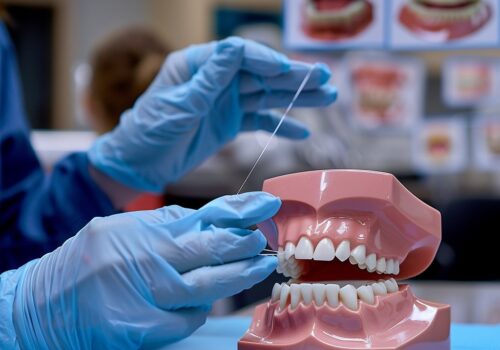


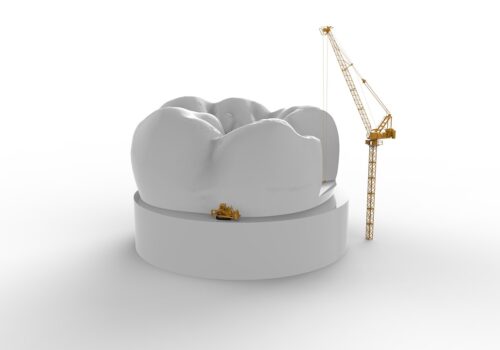
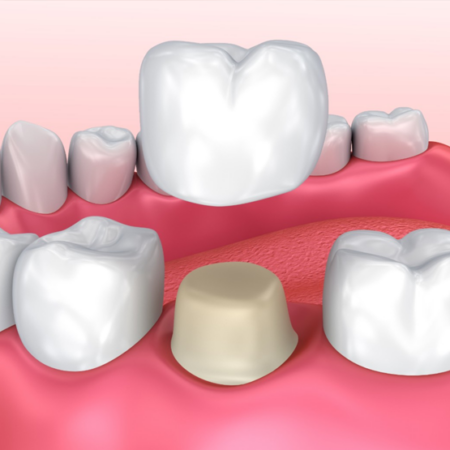
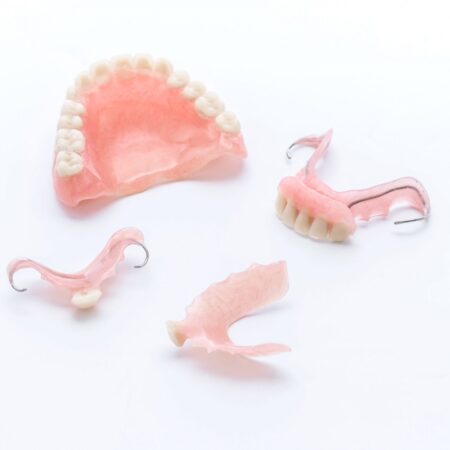

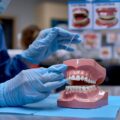


Leave a Reply